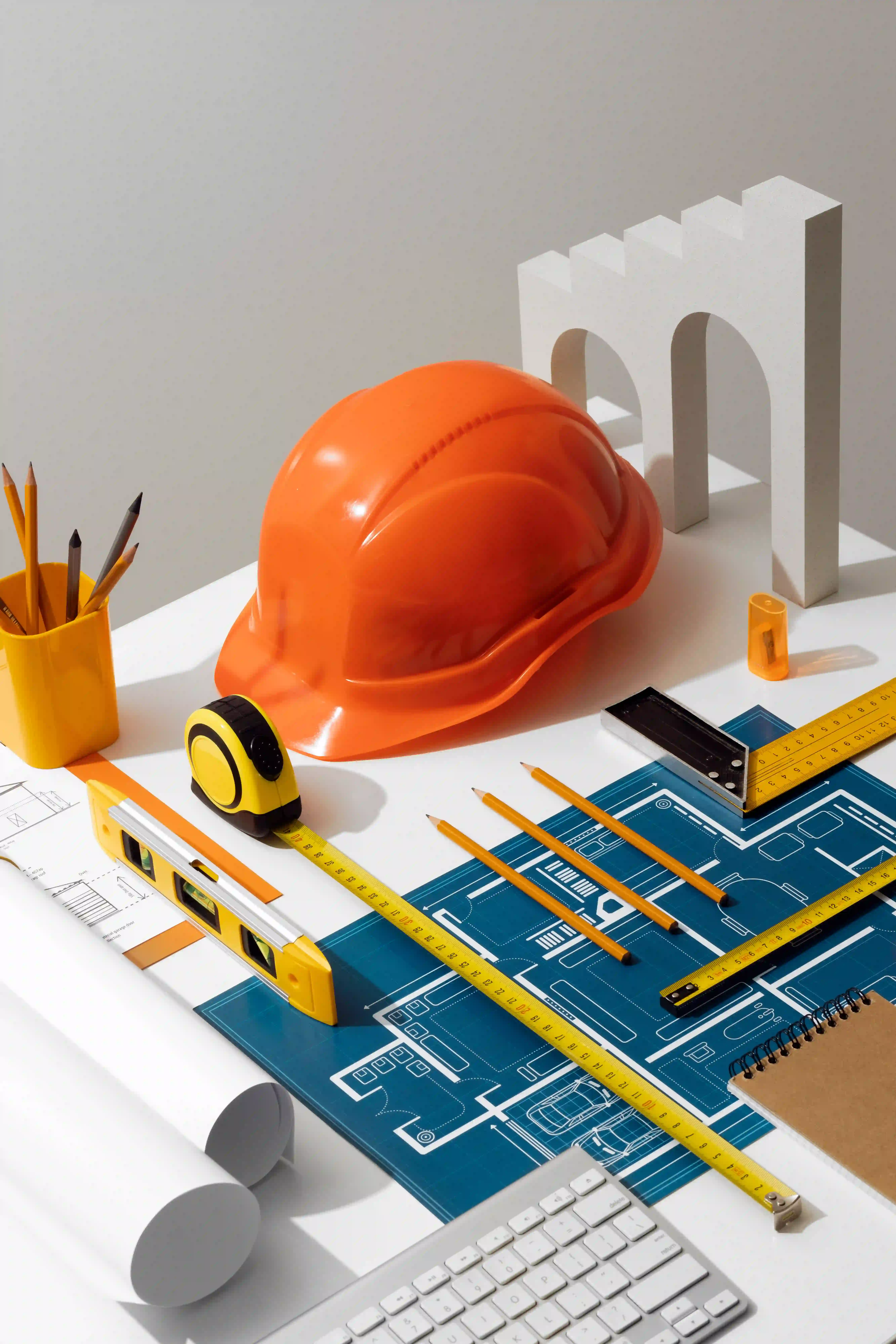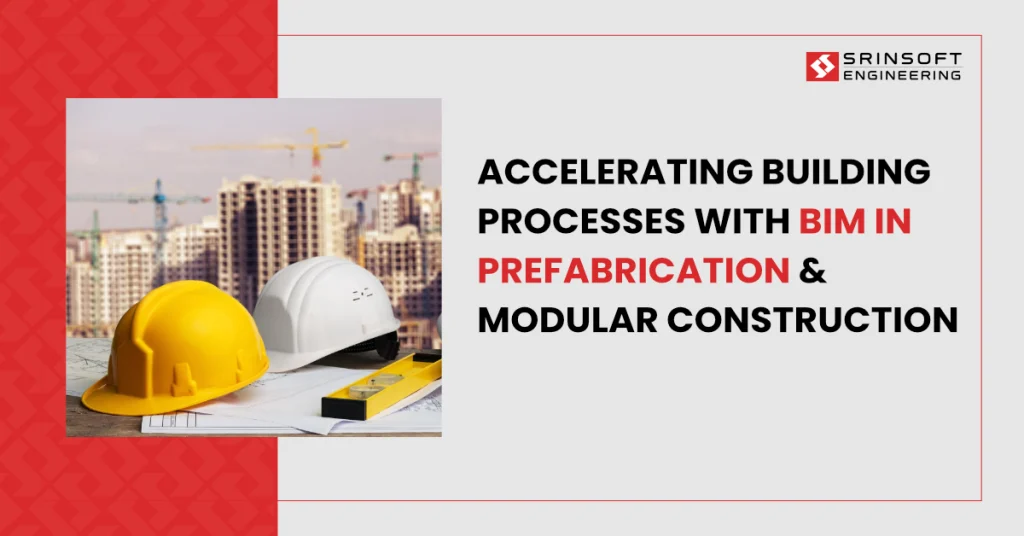
A Bill of Quantities (BOQ) is a detailed shopping list for a construction project.
Imagine you’re building a house. You need to know exactly how much of each material — such as bricks, cement & wood — you’ll require. The BOQ does just that.
It lists the quantities of each item needed for the project, including both materials & labor.
A well-prepared BOQ sets the stage for successful construction projects!
What is a Bill of Quantities (BOQ)?
A bill of quantities (BOQ) is a critical document that itemizes labor, materials & their costs for a construction project. It serves as a foundation for accurate cost estimation, project planning & tendering.
Before a contractor is hired, the BOQ guides companies bidding for the work.
- BOQs help project owners set realistic budgets & monitor costs throughout construction.
- Contractors use BOQs as a consistent basis for submitting bids, promoting fair competition.
A comprehensive BOQ includes elements like the
- Work Breakdown Structure (WBS): Hierarchical breakdown of project elements for accurate cost estimation.
- Description of Work Items: Clear, concise descriptions minimize ambiguity & ensure bidder understanding.
- Standardized Units of Measurement: Essential for consistent costing across project components (e.g., square meters, cubic meters, linear meters)
Types of Bill of Quantities
1. Preliminary BOQ:
Created during the early project stages, focusing on broad estimates.
2. Detailed BOQ:
Developed later in the project, providing precise quantities & costs.
Components of a Bill of Quantities
- Item Descriptions: Detailed descriptions of each item, such as materials, equipment, and labor tasks.
- Quantities: The exact quantities needed for each item.
- Unit Prices: Rates or prices per unit (e.g., cost per square meter of flooring).
- Total Cost: Calculated by multiplying quantities with unit prices.
The BOQ offers a detailed breakdown of materials, labor & costs, enabling accurate budgeting & transparent bidding processes.
1. Preliminaries:
- The preliminary section includes general project information, such as
- Project location,
- Contract details, &
- Other essential particulars.
- It sets the context for the entire BOQ.
2. Work Sections:
- Dividing the project into workable sections is important for effective BOQ creation.
- Each section is particular to a specific aspect of the project (e.g., foundation, electrical, plumbing).
- Quantities and rates are specified for each work section.
3. Measurement Units:
- Accurate measurement units are essential for precise cost estimation.
- Common units include
- Square meters (m²) for area,
- Cubic meters (m³) for volume,
- linear meters (m) for length.
- Quantity surveyors verify consistency in units throughout the BOQ.
4. Pricing:
- The BOQ lists the rates or prices per unit for each item (e.g., cost per square meter of flooring, labor rates).
- Multiplying quantities by unit prices gives the total cost for each item.
6 Importance of Bill of Quantities in Construction
✅ Accurate Cost Estimation
The BOQ gives a detailed breakdown of materials, labor, & other resources required for the project. By quantifying each item it enables precise cost estimation. This accuracy is essential for budgeting & financial planning.
✅ Scope Definition
A well-prepared BOQ outlines the scope of work. It makes sure that all necessary items are accounted for, preventing surprises during construction. Project managers can confidently communicate project requirements to stakeholders.
✅ Effective Bidding Process
Contractors rely on the BOQ during the bidding phase. It allows them to understand the project’s needs thoroughly. Contractors can submit competitive bids based on this information, leading to fair & transparent selection processes.
✅ Resource Allocation
The BOQ helps allocate resources efficiently. By specifying quantities, it guides material procurement & labor scheduling. This streamlines project execution minimizing waste & optimizing resource utilization.
✅ Contractual Clarity
When the BOQ is part of the contract, it becomes a reference point for both parties (owner & contractor). Any deviations from the BOQ can be addressed through variations or change orders. This clarity reduces disputes & enhances project management.
✅ Quality Control & Monitoring
Project managers can compare actual quantities used with those specified in the BOQ during construction. Deviations may indicate inefficiencies, overuse, or underuse of resources. Regular monitoring verifies the adherence to the original plan.
Benefits of Using a Bill of Quantities
1. Anticipation of Difficulties & Challenges
As we describe each work item in the BOQ, we can assess potential issues & obstacles. This proactive approach allows us to address challenges beforehand, saving time, energy & resources.
2. Comprehensive Planning of the Project
The Bill of quantities provides a structured breakdown of work items. It helps project managers plan & allocate resources effectively, ensuring smooth execution.
3. Elimination of Guesswork
With precise quantities & rates, there’s no room for guesswork. Contractors can accurately price each item, leading to more reliable cost estimates.
4. Time & Cost Savings
Accurate Budgeting. BOQs streamline the tendering process. Contractors bid based on the same information, reducing negotiation time. Additionally, accurate pricing minimizes cost overruns during construction.
5. Standardized Communication
Bill of quantities offer a common language for all stakeholders. Everyone refers to the same quantities and descriptions, enhancing clarity and reducing misunderstandings.
6. Valuation & Payment
BOQs serve as the basis for interim payments. Valuation becomes straightforward, and payment schedules align with completed work items.
7. Transparency in Bidding
Contractors bid competitively when they have detailed BOQs. Transparency makes sure fair selection and avoids favoritism.
8. Resource Allocation
By quantifying materials and labor, BOQs guide efficient resource allocation. Wastage is minimized, benefiting both cost & sustainability.
9. Contractual Clarity
The BOQ becomes part of the contract. Any deviations are addressed through variations or change orders. This clarity reduces disputes and enhances project management.
10. Quality Control
Regular monitoring checks the adherence to the original plan. Deviations from the BOQ signal potential inefficiencies or deviations from project requirements.
Challenges of Bill of Quantities
Here are some challenges associated with BOQs:
- Inaccuracies in Initial Estimates: If the estimator lacks experience, the BOQ may be misleading. Ensuring correct preparation is essential to avoid large arithmetic error.
- Changes in Project Scope: During the project, changes can occur, affecting quantities or requirements. These changes may not always be reflected accurately in the BOQ.
- Technology Solutions for Accurate BOQs: Leveraging technology can help improve BOQ accuracy. Using software tools can streamline the process & reduce errors.
- Importance in Cost Estimation: BOQs play a vital role in cost estimation, ensuring project feasibility and avoiding cost overruns.
- Avoiding Cost Overruns: Properly prepared BOQs contribute to effective budgeting & cost control.
- Common Mistakes: Overlooking details, inconsistent units & lack of clarity can lead to errors in BOQs.
A well-prepared Bill of Quantities sets the foundation for successful construction projects. It checks on clarity, cost control & efficient resource utilization.
Remember, every great building starts with a meticulously crafted BOQ!
If you have any specific questions about BOQs, feel free to ask our experts! 😊 By Clicking Here
Frequently Asked Questions
1. How Is BOQ Calculated?
The BOQ is calculated by listing all materials and labor required for a construction project. It involves quantifying each item, specifying units, and estimating costs.
2. Who Prepares BOQ in Construction?
Typically, the engineer or architect prepares the BOQ after completing the project design. They perform a takeoff to detail materials, labor, and quantities.
3. Is BOQ an Estimate?
Yes, the BOQ serves as an estimate. It outlines the resources needed and helps forecast costs before project execution.
4. What Is the BOQ Breakdown?
The BOQ breakdown gives a detailed list of items required for construction. It includes descriptions, quantities, units of measure & cost estimates.
5. What is the Difference Between RFQ & BOQ?
An RFQ (Request for Quotation) is a solicitation for pricing from suppliers. A BOQ specifies materials & labor for the project.
6. What is the Minimum Value of the BOQ Bid in the US?
There’s no fixed minimum value for BOQ bids in the US; it varies based on project size, type, and location. However, some public projects may have specific thresholds

.png)

